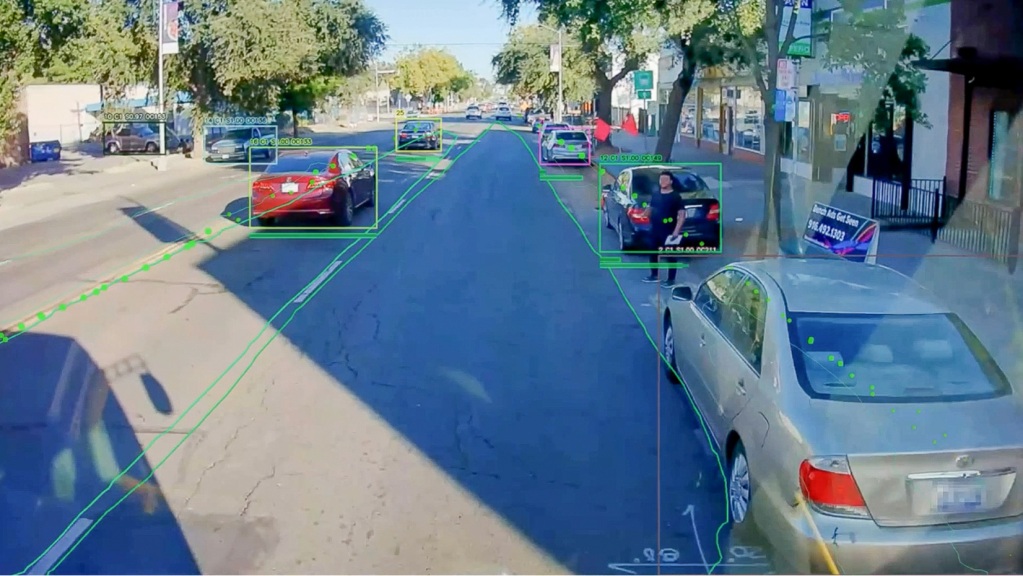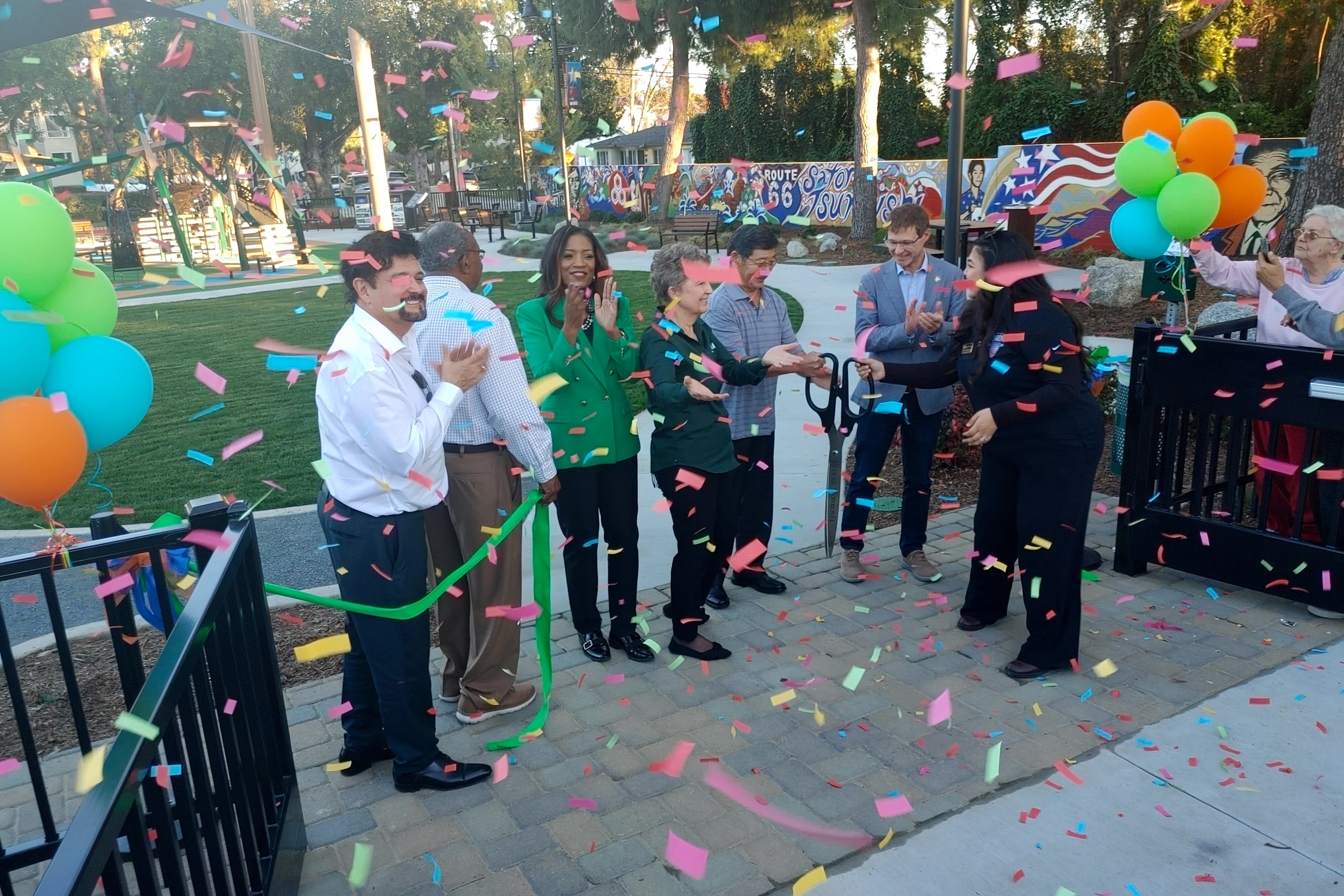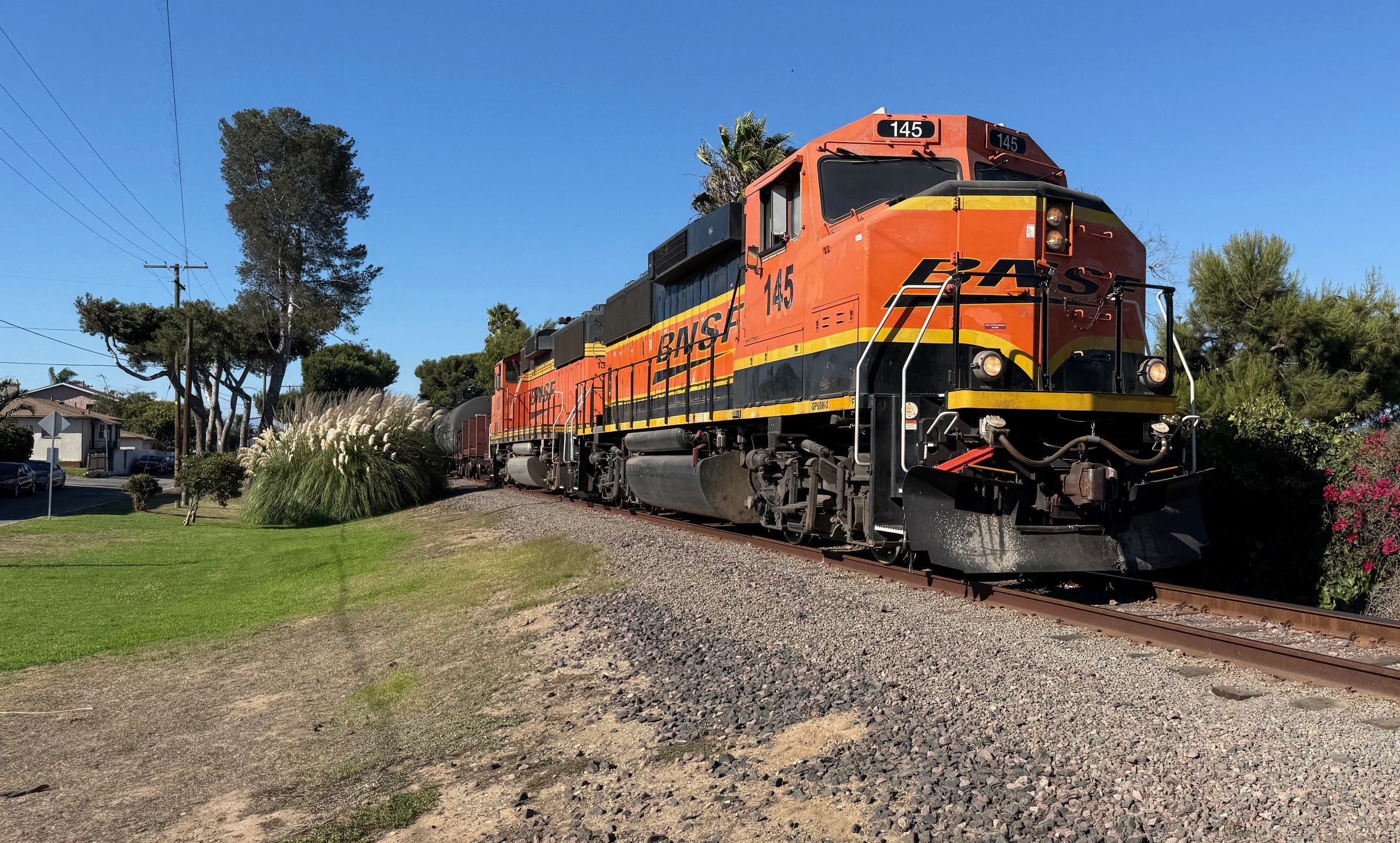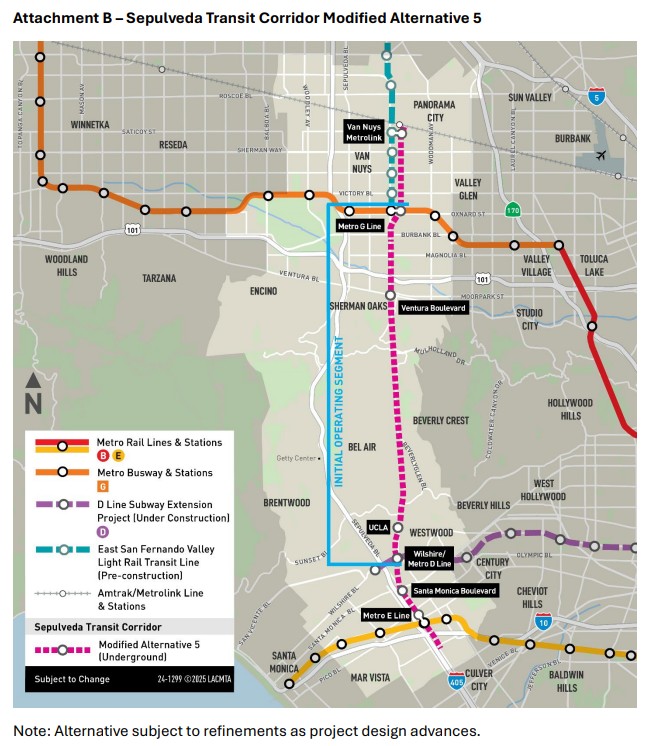 Gabriel Stratchota of Los Angeles, from the Bus Riders Union, is
Gabriel Stratchota of Los Angeles, from the Bus Riders Union, isarrested by the Los Angeles County Sheriff when protesting the upcoming
fare increases at the MTA Board Room in Downtown Los Angeles, Thursday,
May 27, 2010. Photo: Photoimageswest/Flickr
For months, the Bus Rider's Union and their allies have held their powder when it comes to the 30/10 proposal which would accelerate 12 transit projects funded in the Measure R
transit tax so that they would be built in the next decade instead of
the next thirty years. However, now the BRU and their ally Transit Riders for Public Transit (TRPT) are airing their concerns over the transit proposal. Their chief concerns, that by accelerating these rail projects that Metro would be forced to raise fares even more quickly than currently planned in the Long Range Transportation Plan and that by spending Measure R funds quickly they will lose the ability to use those funds towards bus expansion.
Let's put aside the issue of repurposing Measure R funds, because it would require an enormous political lift that is unlikely to happen and focus on the discussion of whether 30/10, and Measure R itself, are a bad deal for bus riders and the transit dependent.
In a letter addressed to Congress Woman Grace Napolitano posted on its website, the BRU and TRPT urge Congress to reject the 30/10 proposal for several reasons, including that 30/10 will increase Metro's operating deficit.
The BRU and TRPT write:
30/10 will gut the bus system, the backbone of public transit in LA: With 80% of MTA's total boardings, the bus system is the backbone of the transit system. Yet 30/10 promises no concrete improvements to bus riders. This year, MTA has already implemented the second 20% fare increase in three years and plans to eliminate 388,000 hours of bus service -- amounting to an attack on bus riders whose average annual household income is $12,000. MTA's 2009 Long Range Transportation Plan calls for continued bus service cuts and 14 fare increases over the next 30 years, supposedly necessitated by ongoing deficits in the their bus operations budget.
Transit Coalition Chair Ken Alpern responded to Napolitano and other members of the Southern California Congressional delegation with a letter of his own. The Transit Coalition argues that the operating subsidy for rail riders is actually lower than the subsidy for bus riders in Metro's system. By focusing on operations instead of "total subsidy" which includes construction cost as the BRU does, the Transit Coalition paints a different picture of the yearly costs of operating Metro's transit system. And The Transit Coalition responds:
During the 2010 fiscal year, Metro will spend $1.3 billion on bus and $264 million on rail operations. This means that for every $1 spent on rail operations, Metro will spend about $5 on bus service.
In July 2010, there were 29.6 million bus boardings and 8.3 million rail boardings.8 This means that for every 1 rail boarding, there were 3.5 bus boardings. Rail offers better bang for the buck per passenger. On a per passenger mile basis, bus operations cost 64 cents per passenger mile while rail operations cost 45 cents per passenger mile. Our most efficient rail lines are the Blue and Red Lines, which cost 36 and 38 cents per passenger mile, respectively.
However, it's slightly more complicated than just comparing the overall operations subsidy for rail riders versus that for bus riders. The average subsidy for newer rail lines is higher than that for some of the older ones. For example, the average subsidy for riders on the Gold Line was over $23 per passenger in 2007. For the Red Line it was almost $16 and the Green Line just over $12. We can expect that, at least in the short term, every new rail project will increase Metro's needs to raise fares because of the increased defecit created by running rail lines that, in their early years, aren't attracting full ridership.
As for Measure R's impact on Metro's bus fleet, in the early years of the tax the increase in operating funds has proven a lifeboat as surrounding agencies see draconian cuts compared to the still-large cuts being proposed by Metro. For Example, OCTA has cut nearly one-fifth of its bus fleet in the past couple of years. Over the same span, Metro has "only" cut 5% of its bus service hours.
A couple of months ago, I referred to the BRU and their allies as people that push for convenient and affordable transit and was taken to task in the comments section by rail advocates because who doesn't want cheap quality transit? If that's truly the case, we should start seeing all transit groups starting to organize in favor of Proposition 22 on the Ballot this November which would make it harder for the state government to continue raiding funds set aside for transit operations. We'll have more on Proposition 22 next week.






